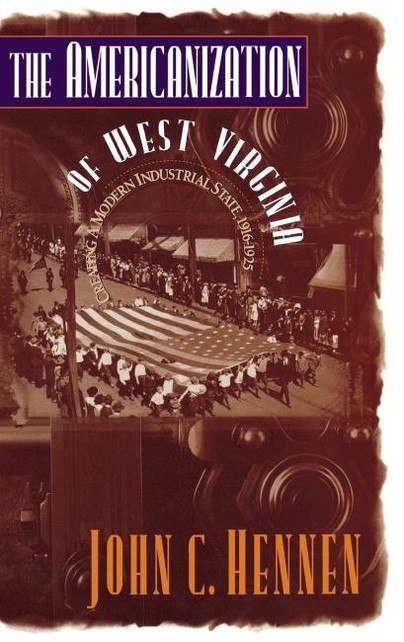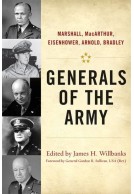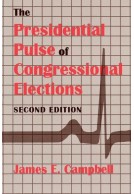The Americanization of West Virginia (Hardback)
Creating a Modern Industrial State, 1916-1925
Imprint: University Press of Kentucky
Pages: 248
Illustrations: illus
ISBN: 9780813119601
Published: 8th February 1996
Script Academic
Pages: 248
Illustrations: illus
ISBN: 9780813119601
Published: 8th February 1996
Script Academic
Please note this book may be printed for your order so despatch times may be slightly longer than usual.
You'll be £32.00 closer to your next £10.00 credit when you purchase The Americanization of West Virginia. What's this?
+£4.99 UK Delivery or free UK delivery if order is over £40
(click here for international delivery rates)
Need a currency converter? Check XE.com for live rates
(click here for international delivery rates)
Need a currency converter? Check XE.com for live rates
Local teachers and ministers extolling the virtues of hard work and loyalty to God and country. Veterans' groups and women's clubs promoting the military fighting radicalism, and equating business and patriotism. Industrial leaders gaining legal as well as moral influence over national domestic policy. Such scenes might seem to be lifted from a Sinclair Lewis novel or a Contract with America publicity video. But as John C. Hennen shows in this piercing analysis of early-twentieth-century American political culture, from 1916 to 1925 "Americanization" became the theme -- indeed, the script -- not only of West Virginia but of the entire nation.
Hennen's interdisciplinary work examines a formative period in West Virginia's modern history that has been largely neglected beyond the traditional focus on the coal industry. Hennen looks at education, reform, and industrial relations in the state in the context of war mobilization, postwar instability, and national economic expansion. The First World War, he says, consolidated the dominant positions of professionals, business people, and political capitalists as arbiters of national values. These leaders emerged from the war determined to make free-market business principles synonymous with patriotic citizenship. Americanization, therefore, refers less to the assimilation of immigrants into the national mainstream than to the attempt to encode values that would guarantee a literate, loyal, and obedient producing class.
To ensure that the state fulfilled its designated role as a resource zone for the perceived greater good of national strength, corporate leaders employed public relations tactics that the Wilson administration had refined to gain public support for the war. Alarmed by widespread labor activism and threatened by fears of communism, the American Constitutional Association in West Virginia, one of dozens of similar organizations nationwide, articulated principles that identified the well-being of business with the well-being of the country. With easy access to teacher training and classroom programs, antiunion forces had by 1923 rolled back the wartime gains of the United Mine Workers of America. Middle-class voluntary organizations like the American Legion and the West Virginia Federation of Women's Clubs helped implant mandated loyalty in schoolchildren.
Far from being isolated during America's transformation into a world power, West Virginia was squarely in the mainstream. The state's people and natural resources were manipulated into serving crucial functions as producers and fuel for the postwar economy. Hennen's study, therefore, is a study less of the power or force of ideas than of the importance of access to the means to transmit ideas.
The winner of the1995 Appalachian Studies Award is a significant contribution to regional studies as well as to our understanding of American culture during and after World War I.
Other titles in University Press of Kentucky...















